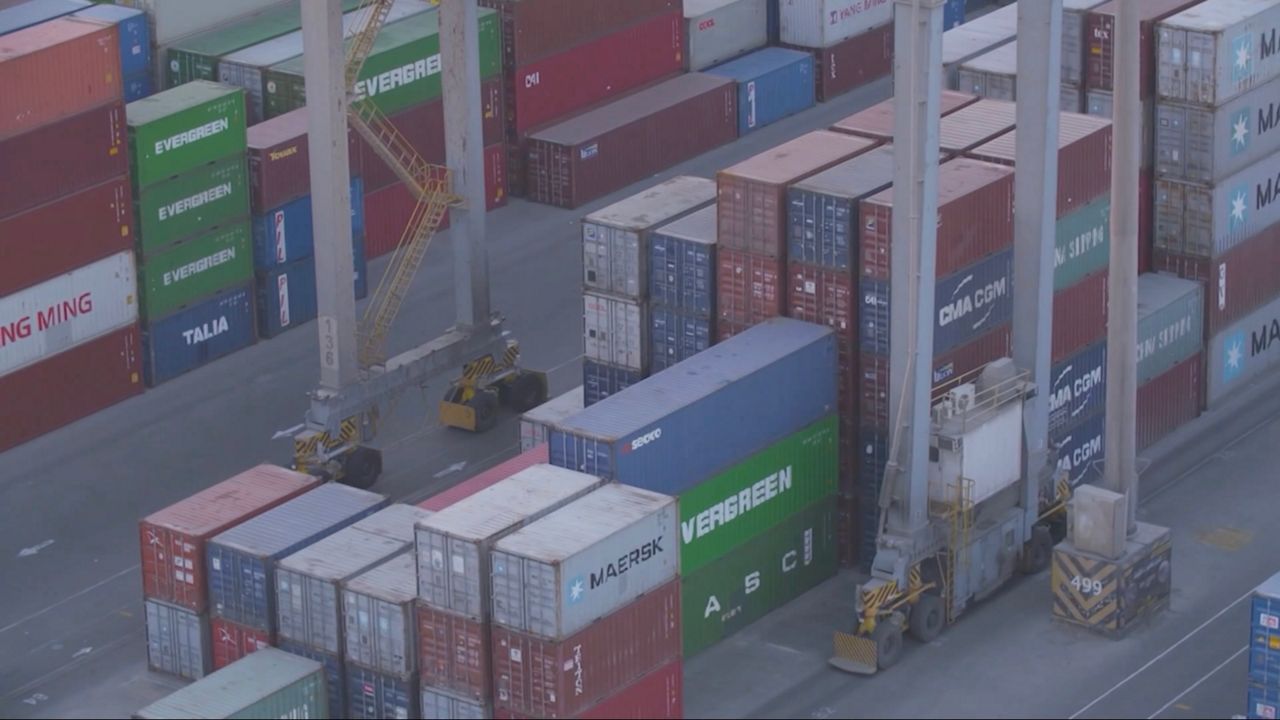Wednesday, dubbed “Liberation Day” by President Donald Trump, saw the announcement of new tariffs on foreign automobiles and other goods. He implemented a 10% baseline tariff on most imports, although this increased substantially for countries with higher tariffs against the United States. Stocks plunged on the news Thursday.
An investment adviser says tariffs on this scale can be jarring, and while financial forecasting is proving difficult for many now, focus on what you can control.
What You Need To Know
- President Donald Trump added new tariffs during what he called "Liberation Day" on Wednesday
- The new tariffs set a 10% baseline on most imported goods
- Financial advisers say we’ve had tariffs in the U.S. before, but not to this extent
- They also say the long-term impacts on prices are unknown, so focus on what you can control
Earlier this year, the president’s administration increased tariffs on Chinese goods, adding a 25% tax to steel and aluminum imports.
Trump said these tariffs align the United States with what other nations charge for imports. He says he’s also trying to bring back more manufacturing jobs to the country.
Investment adviser Alex Sutherland said the U.S. has had tariffs before, but they haven’t been on this scale or implemented in the same way.
He added there’s no way to predict long-term effects, so there’s a lot of uncertainty and anticipation for what the cost of goods could look like down the road.
Related: Trump unveils broad new tariffs, setting 10% baseline and higher rates on dozen of countries
“We just don’t know the long-term impact, and we don’t know how long these tariffs might be in place, or whether this is used as a negotiation tactic for trade in other countries and then it’s reverted back,” Sutherland said. “But certainly what could happen with the tariffs is it could reorganize where jobs are being produced or created in our economy.”
The question is, though, just what the effects are and how long they will remain, Sutherland added. It could be two, three, four or five years, he said.
Sutherland says if companies are paying more for imported products, prices could be higher for things like groceries, cars and oil. It could also ramp up inflation.
On the other hand, companies are adjusting their hiring plans and expecting a dip in business, and the stock market has been very unsteady as things continue to change.
“I tell my own clients to make sure we focus on what we can control,” Sutherland said. “Certainly, as consumers and individuals, we can’t control tariffs. We can’t control the economy, but we can control our own finances.”
Revisiting your financial plan often helps you see at least your things more clearly, Sutherland added.
Perhaps that will reduce some of the uncertainty and doubt that some people are feeling, he said.











